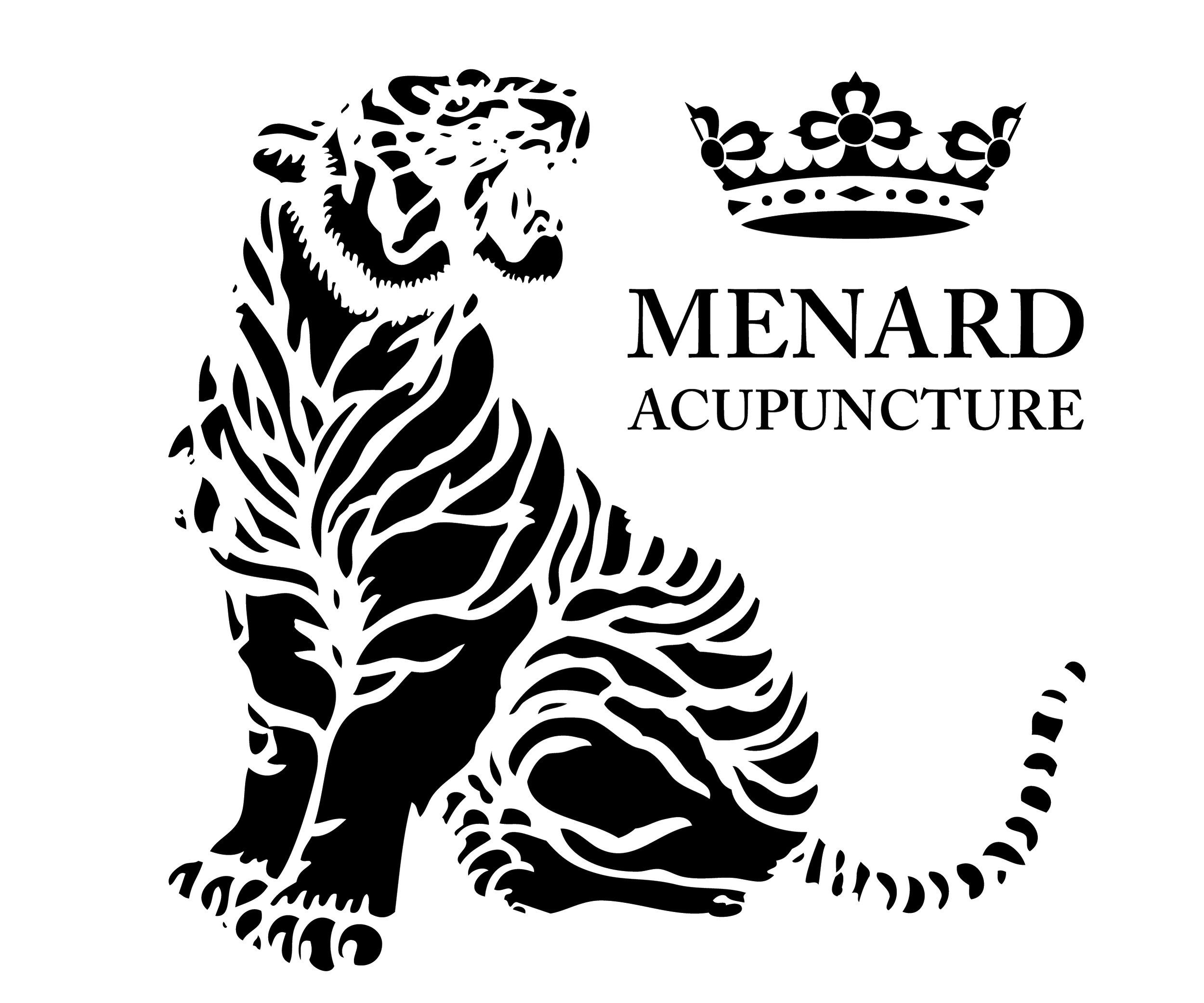Unveiling the Healing Power of Dragon Hemp Formulas
The Genesis of Dragon Hemp Formulas
As a sports medicine acupuncturist, I've had the privilege of closely collaborating with individuals facing a spectrum of health challenges, ranging from injuries and trauma to insomnia and anxiety. In my practice, I've integrated Chinese herbal remedies along with CBD, and the positive impact on patient outcomes has been remarkable. It became evident to me that by synergistically combining cannabis extracts with carefully selected Chinese herbs to address specific conditions, we could achieve even more significant results. The actual outcomes consistently surpassed my initial expectations, and the feedback from patients reinforced this success. In this blog, I aim to share my insights into the enhanced therapeutic benefits offered by these formulations, thanks to the synergy between cannabinoids and traditional Chinese herbs
Cannabinoids: The Natural Anti-Inflammatory
Cannabinoids are a remarkable compound derived from hemp. It's well-known for its natural anti-inflammatory properties. By interacting with the body's endocannabinoid system, the cannabinoids help regulate immune responses and reduce inflammation. This makes it an ideal candidate for addressing the root cause of many health issues.
Traditional Chinese Herbs, Centuries of Wisdom
Chinese herbs like those found in the Dragon Hemp Formulas have been used for centuries in traditional Chinese medicine. These herbs offer a treasure trove of healing potential, with each one carefully selected for its unique properties. Some of the chief Chinese herbs that I find have strong synergistic therapeutic benefits when combined with cannabinoids include:
Corydalis (Yan Hu Suo) offers a dual benefit. Scientifically, it contains alkaloids with potential analgesic and anti-inflammatory properties, making it a promising choice for pain management. In Traditional Chinese Medicine (TCM), Yan Hu Suo is known for its ability to invigorate blood, relieve pain, and promote the circulation of qi, contributing to its long history of use in addressing pain and discomfort.
Frankincense (Ru Xiang)combines scientific and TCM advantages. Scientifically, it contains boswellic acids with anti-inflammatory effects, potentially aiding in conditions like arthritis. In TCM, Ru Xiang activates blood circulation, relieves pain, and resolves blood stasis, aligning with its role in traditional herbal remedies for pain relief.
Myrrh (Mo Yao) presents a blend of scientific and TCM benefits. Scientifically, it possesses anti-inflammatory and antimicrobial properties, making it beneficial for wound healing and inflammation reduction. In TCM, Mo Yao promotes blood circulation, reduces swelling, and aids in wound healing, mirroring its historical use in traditional healing practices.
Sour Jujube Seeds (Suan Zao Ren) provides a two-fold advantage. Scientifically, it contains compounds that may assist in insomnia and anxiety regulation. In TCM, it is valued for nourishing the heart, calming the spirit, and promoting relaxation, which aligns with its traditional role in improving sleep and emotional well-being.
Schisandra Fruit (Wu Wei Zi) combines modern and traditional wisdom. Scientifically, it is recognized as an adaptogenic herb with potential stress-reduction benefits. In TCM, Wu Wei Zi tonifies the kidneys, generates fluids, and enhances mental clarity, making it a valuable herb for combating stress and fatigue.
Poria (Fu Ling) offers a holistic approach. Scientifically, it possesses diuretic and anti-inflammatory properties, potentially assisting with fluid retention and inflammation. In TCM, Fu Ling drains dampness, invigorates the spleen, and calms the mind, addressing both physical and emotional well-being.
Szechwan Lovage Rhizome (Chuan Xiong) offers a dual perspective. Scientifically, it contains ligustilide with vasodilatory effects, which may be beneficial for headaches. In TCM, Chuan Xiong invigorates blood, dispels wind, and alleviates pain, making it a traditional remedy for headache relief.
Red Peony Root (Chi Shao) blends modern and traditional approaches. Scientifically, it has anti-inflammatory properties for pain relief. In TCM, Chi Shao clears heat, cools the blood, and relieves menstrual discomfort, making it a versatile herb for gynecological issues.
Gardenia seeds (Zhi Zi) integrates both modern scientific and Traditional Chinese Medicine (TCM) benefits. Scientifically, it offers digestive benefits and may relieve gastrointestinal discomfort. In TCM, Zhi Zi is known for its ability to clear heat, cool the blood, and alleviate abdominal pain. This makes it a valuable choice for addressing digestive issues and promoting overall well-being.
Angelica Root (Du Huo) combines scientific and TCM insights. Scientifically, it contains compounds with anti-inflammatory effects, potentially aiding in joint pain and arthritis. In TCM, Du Huo expels wind-dampness, alleviates joint pain, and strengthens the bones and tendons, aligning with its traditional use for musculoskeletal issues, and is a guiding herb to the lower back and limbs.
Salvia Root (Dan Shen) bridges modern and traditional health. Scientifically, it provides cardiovascular benefits and may lower blood pressure. In TCM, Dan Shen invigorates blood, cools heat, and soothes the chest, often used for heart-related conditions.
The Dragon Hemp formulas represent a fusion of ancient wisdom and modern understanding. They offer a holistic and natural approach to healing, with cannabinoids and traditional Chinese herbs working together in synergy to unlock greater therapeutic benefits. If you're seeking a holistic solution to your health challenges, these formulas may hold the key to a healthier, happier life, which is my mission. As I like to say, “our goal is to keep you in the Game of Life”.
Kevin
Learn more about Dragon Hemp and our products.
